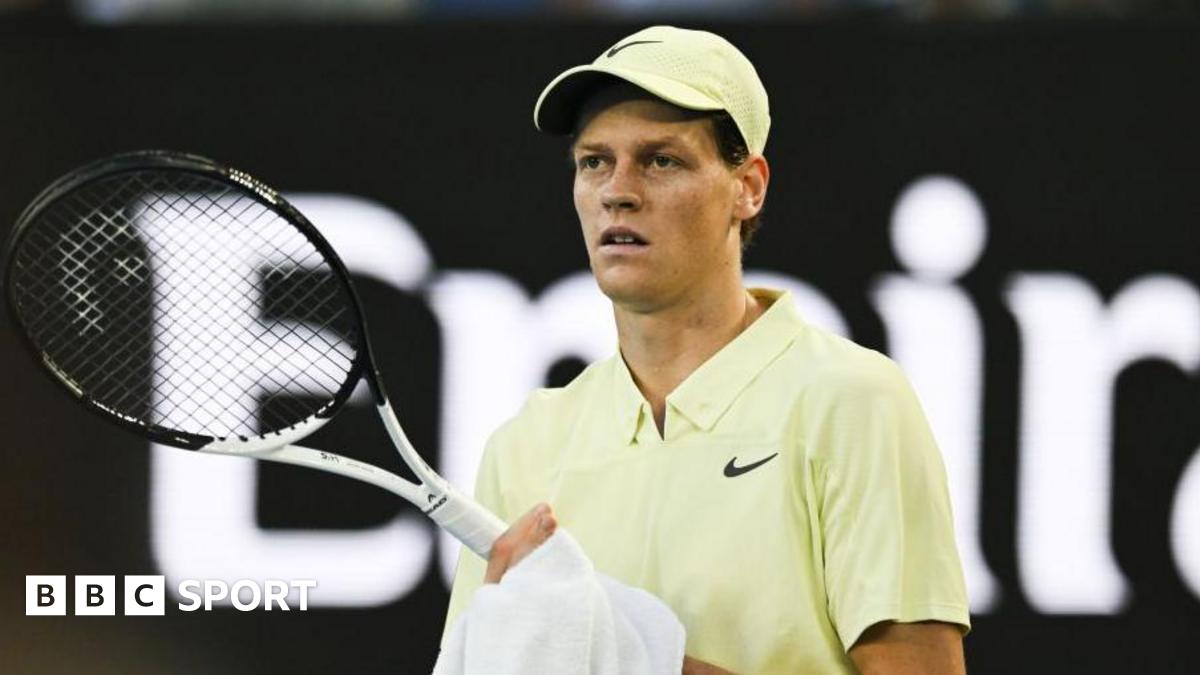
The Professional Tennis Players Association (PTPA) has voiced concerns regarding the perceived discrepancies in recent doping cases.
In the previous month, the PTPA introduced a new initiative aimed at providing players who are confronting allegations of doping or corruption with complimentary legal assistance.
This initiative was co-created by Tara Moore, a former British doubles player, who faced a two-year suspension due to a doping violation that was subsequently overturned in her favor.
In response to the ban on Jannik Sinner, Moore took to social media platform X to ask, “Can someone clarify how a negotiation was possible?”
The PTPA released a statement declaring, “What we have isn’t a system; rather, it’s a club. This supposed case-by-case discretion is merely a guise for biased deals, unequal treatment, and varying judgments.”
They further emphasized, “It’s not only about the differing outcomes for players; it’s also a matter of transparency, procedure, and consistency… This partiality is intolerable and shows a blatant disregard for athletes and their supporters.”
Simona Halep, a former Wimbledon champion, has accused the International Tennis Integrity Agency (ITIA) of applying double standards—a claim that the organization has firmly rejected.
Halep received a four-year ban for two doping violations in 2022, a penalty that was later reduced to nine months.
She expressed her dissatisfaction when it was announced that world number two Iga Swiatek would only face a one-month doping ban in November, remarking on Instagram, “I find myself questioning, why is there such a significant disparity in treatment and judgement?”
Halep added, “I can’t discern a rational explanation. It seems to stem solely from the ITIA’s ill intentions, an organization that has relentlessly sought to tarnish my reputation regardless of the evidence.”










